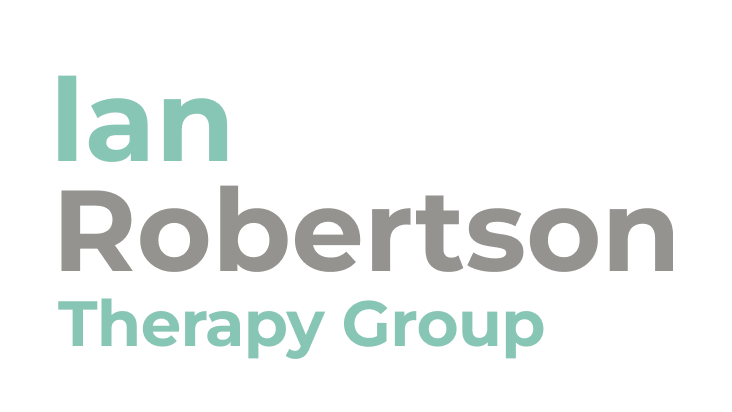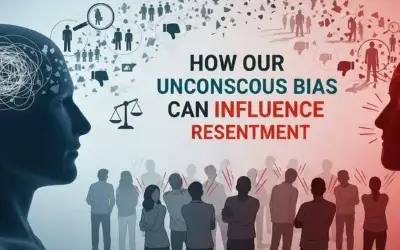
Does uncertainty make you feel uneasy, anxious, or even fearful? For many, uncertainty feels like an allergic reaction that can trigger stress, worry, and overwhelming emotions. Anxiety Canada compares uncertainty intolerance to an allergy, explaining that when even a small amount of uncertainty arises, those who struggle with it react strongly, much like an allergic response.
We cannot escape uncertainty; it’s a natural part of life. However, we can learn to manage it. Therapy provides the tools to navigate uncertainty with resilience, transforming it from something distressing into a source of growth and adaptability.
Understanding Uncertainty
Uncertainty is unavoidable, yet many try to control or eliminate it. When uncertainty feels overwhelming, we may develop certain behaviors as a way to create predictability and safety, including:
- Seeking constant reassurance
- Making excessive lists
- Double and triple-checking tasks
- Refusing to delegate responsibilities
- Procrastinating or avoiding decisions
- Distracting ourselves from tasks
- Feeling the need to solve everything immediately
- Staying hypervigilant for potential threats
- Comparing our situations to others for answers
- Engaging in self-punishment for not having certainty
The University of Michigan highlights that stress is often a driving force behind uncertainty. Symptoms can include racing thoughts, difficulty concentrating, changes in appetite, increased heart rate, physical discomfort, irritability, fatigue, and a feeling of being out of control. These reactions can reinforce the fear of uncertainty, trapping us in a cycle of avoidance and distress.
Coping with Change
Change, while inevitable, can trigger fear and discomfort. When faced with uncertainty, we often attempt to regain control by structuring every aspect of our lives or seeking predictable outcomes. However, the more we chase certainty, the more heightened our response to uncertainty becomes.
To manage uncertainty, start by identifying how it impacts you:
- Recognize the areas of your life where uncertainty causes anxiety.
- Observe how these uncertainties influence your thoughts and emotions.
- Determine what is within your control and what is not.
- Notice how uncertainty manifests in your body—tightness, restlessness, or fatigue.
- Acknowledge the “voice of uncertainty” and how it shapes your thinking.
- Identify the automatic behaviors you resort to in response to uncertainty.
- Consider how uncertainty in daily life affects your overall sense of security.
Therapy can help address these reactions, providing coping strategies that promote resilience and adaptability rather than avoidance and fear.
Gaining Clarity and Perspective
Uncertainty often clouds our thinking, making it difficult to see beyond immediate worries. Therapy provides a structured space to reflect, explore, and gain clarity. A therapist helps you reframe uncertainty, offering new perspectives that reduce fear and increase confidence in decision-making. Through guided exploration, therapy encourages self-awareness, helping you build the skills needed to navigate life’s unpredictability with greater ease.
Building Emotional Resilience
One of the greatest benefits of therapy is its ability to foster emotional resilience. When uncertainty triggers anxiety, therapy provides a safe space to express fears and vulnerabilities. It teaches healthy coping mechanisms, empowering you to respond to uncertainty with self-assurance rather than distress. Over time, therapy strengthens emotional endurance, enabling you to face challenges without becoming overwhelmed.
Conclusion
In a world of constant change, therapy offers a sanctuary to process emotions, gain clarity, and develop emotional resilience. Rather than resisting uncertainty, therapy encourages you to engage with it instead of fearing it. Learning to navigate uncertainty with a balanced mindset leads to growth, adaptability, and inner peace.
Uncertainty doesn’t have to hold you back; it can be the catalyst for transformation. By seeking therapy, you can develop the tools to embrace uncertainty, grow through it, and move forward with confidence. Take that first step by filling out the form below and our team will reach out to answer any of your questions.











